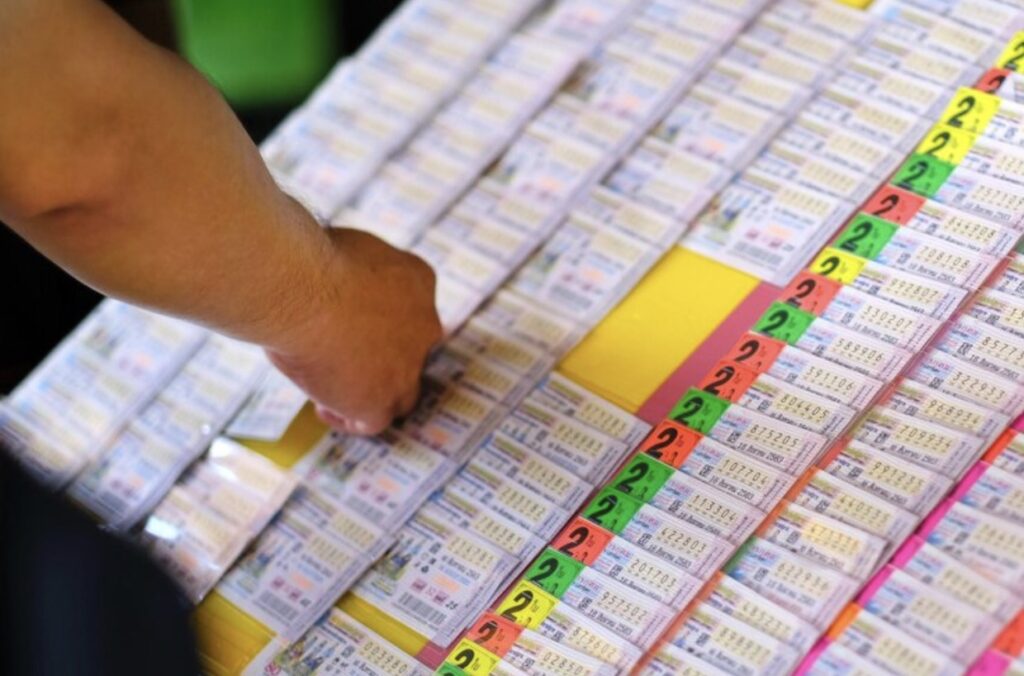When talking about gambling in Thailand, it is essential to understand the regulations and restrictions that govern such activities. Thai gambling laws are known to be strict, focusing significantly on controlling various forms of gambling to maintain social order. However, many people wonder whether these regulations extend to lotteries as well. To answer this question, we must understand the Thai legal framework and its approach to gambling and lottery operations.

Understanding Thai Laws for Gambling
Thai gambling laws are primarily defined by the Gambling Act of 1935, which criminalizes most forms of gambling. Under this legislation, nearly all forms of betting and wagering are prohibited, with specific exceptions. The primary objective of the Act is to curb illegal gambling activities and mitigate their adverse effects on society. The law imposes stringent penalties on those found participating in illegal gambling, with fines and imprisonment as potential consequences. Despite these prohibitions, certain types of gambling are still permitted under controlled conditions.
Legal Exceptions: National Lottery and Horse Racing
While the general rule prohibits gambling, Thai gambling laws make notable exceptions for two forms of gambling: the national lottery and betting on horse racing. The Government Lottery Office (GLO) oversees the official state-run lottery, which operates under strict regulations to ensure transparency and legitimacy. The national lottery is immensely popular in Thailand, providing the government with a significant revenue stream. Additionally, the government regulates horse racing, allowing for pari-mutuel betting at certain racetracks. These limited exceptions illustrate that not all forms of gambling are outright banned under Thai law.
Regulation of Lotteries
The regulation of lotteries in Thailand falls explicitly under the purview of the GLO. This organization is responsible for issuing and managing lottery tickets, ensuring fair play, and overseeing the distribution of prizes. Unlike illicit gambling activities, the national lottery operates within a well-defined legal structure. Revenues from the lottery contribute to public welfare programs, making it a socially accepted form of gambling. Participants in the national lottery adhere to a regulated process, which contrasts starkly with the unlicensed and unregulated nature of illegal gambling.
In summary, Thai gambling laws, while stringent, do provide specific exceptions for regulated activities like the national lottery and horse racing. These legal exceptions underline the government’s intent to control gambling within a structured framework, ensuring that these activities do not harm society. Therefore, it is clear that lotteries, as managed by the Government Lottery Office, are indeed regulated under Thai law. By maintaining strict oversight, the government can prevent the negative impacts of gambling while generating funds for public good.
Through these clear regulations, Thailand demonstrates a balanced approach to gambling, permitting limited forms under strict control while broadly prohibiting other gambling activities to protect social welfare. Thus, understanding these nuances can provide clarity on how gambling laws regulate lotteries within the country.
